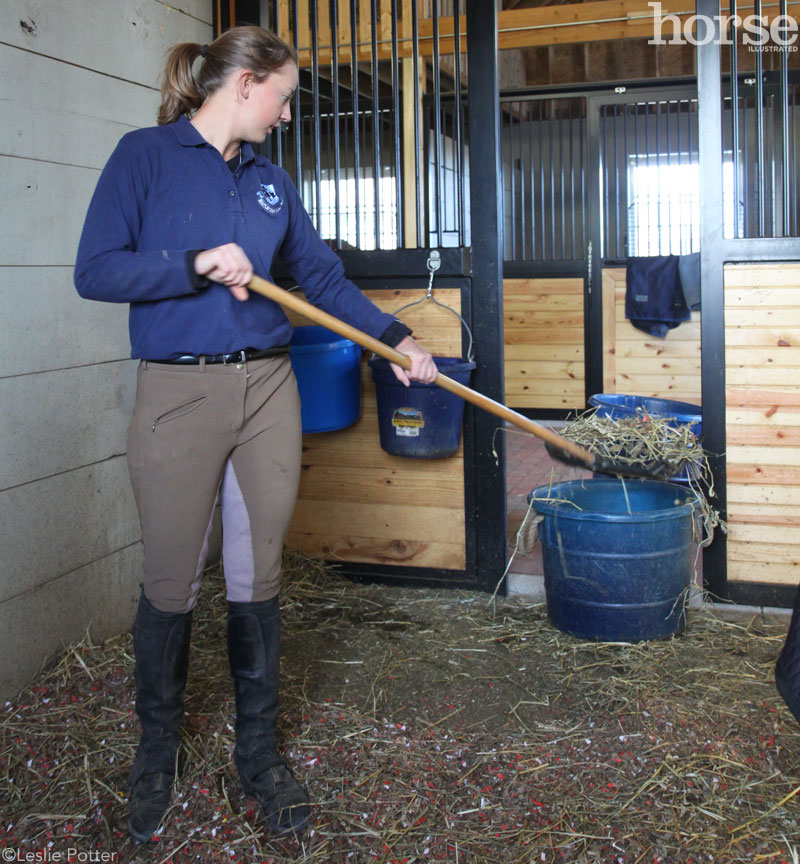 South Texas horse owners are getting a first-hand education in equine piroplasmosis, a disease most North Americans have little experience with.
South Texas horse owners are getting a first-hand education in equine piroplasmosis, a disease most North Americans have little experience with.
Piroplasmosis, commonly referred to as “piro,” is found throughout Central and South America, Africa, and southern and eastern Europe. The disease is caused by two parasitic organisms and is commonly transferred by tick bites. The disease can affect all equine species, including horses, donkeys, mules and zebras. It is not transferrable to humans.
Symptoms of piro infection include fever, anemia, swollen abdomen, difficulty breathing and jaundiced mucous membranes. In some cases, it can lead to colic. Mild forms of piro typically manifest as weakness and lack of appetite.
In March, the Texas Animal Health Commission (TAHC) designated Kleberg County as a high-risk area for piro exposure. Because of the high-risk situation, TAHC is currently performing comprehensive piro testing of all equines in Kleberg County. So far, there have been 19 positive cases of the 747 equines tested.
“Because Piro is considered a foreign animal disease to the U.S., it is important we make every effort to find undetected cases in the area,” said Dr. Dee Ellis, Texas State Veterinarian. “We believe the Piro situation related to tick transmission in Texas is limited to just a few south Texas counties. The TAHC is asking for the support of local horse owners to ensure this testing effort is a success.”
The next efforts will involve testing the northern part of Kleberg County. All equine owners in the county who have not had their equine tested are strongly encouraged to contact the TAHC as soon as possible to schedule an appointment.
Equine owners can call (361) 676-0979 to set up an appointment. The test is free of charge.
“We greatly appreciate the cooperation of the equine owners and veterinary practitioners of Kleberg County, and the high level of voluntary compliance with the mandatory testing requirement,” said
Dr. T.R. Lansford, Region 5 Director. “We look forward to working with the remaining owners of untested equine and the local veterinarians as we strive to complete the area test in Kleberg County. It is important that all equine are tested as soon as possible.”
Kleberg County equine owners and/or veterinary practitioners who have questions should contact the TAHC Region 5 Office in Beeville at(361)676-0979 or visit www.tahc.state.tx.us.
Further Reading
Testing Requirements for Equine Piroplasmosis





It’s those “dang” little ticks, again. But its good to know the signs so every one can have a “heads up” on this disease.
d
wonder whats next that will be discovered?
Oh boy!